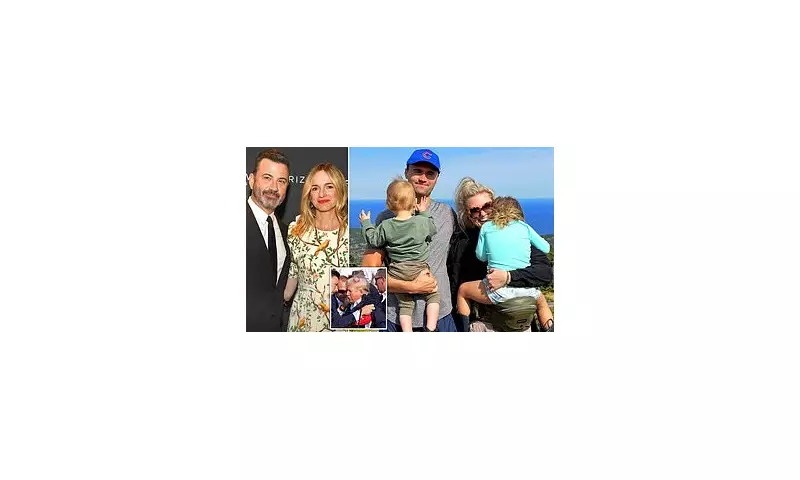
In a fiery and uncompromising address, prominent American conservative commentator Charlie Kirk has launched a searing indictment against the modern progressive movement, labelling it as fundamentally illiberal and hostile to free discourse.
The founder of Turning Point USA articulated a powerful argument that the Left, which once championed free speech and open debate, has now adopted a ‘sinister’ and aggressive strategy to deplatform and silence its opponents. This shift, he contends, represents a dangerous erosion of core democratic principles.
The Anatomy of 'Cancel Culture'
Kirk's central thesis focuses on the mechanism of so-called 'cancel culture'. He describes it not as isolated incidents of public disagreement but as a coordinated, weaponised effort to destroy the reputations, careers, and livelihoods of those who dissent from a prescribed set of progressive beliefs.
The tactics, he outlined, often include:
- Mass social media mobbing to apply pressure on employers.
- Framing political disagreements as moral failings or forms of harm.
- Demanding punitive actions, such as firing or de-platforming, rather than engaging in debate.
A Climate of Fear and Conformity
The result, according to Kirk, is a pervasive climate of intellectual fear, particularly on university campuses and within corporate environments. He argues that many individuals now self-censor, afraid to voice conservative or even moderate opinions for fear of professional and social reprisal.
This enforced conformity, he warned, stifles innovation, critical thinking, and the robust exchange of ideas that is essential for a healthy society. The debate is no longer about winning an argument with logic and evidence, but about shutting down the opponent entirely.
The Conservative Response
Kirk's message serves as a rallying cry for conservatives, urging them to resist this pressure and to build their own parallel institutions—media outlets, publishing houses, and educational programmes—that are resilient to cancellation attempts. He frames the current moment as a fundamental battle for the soul of public discourse, one that will define the future of free speech in the digital age.
His comments have ignited fierce discussion, with supporters praising his defence of free expression and critics accusing him of overlooking intolerance within his own political sphere. Nevertheless, his analysis taps into a deep and ongoing concern about the rules of engagement in today's bitterly divided political landscape.






